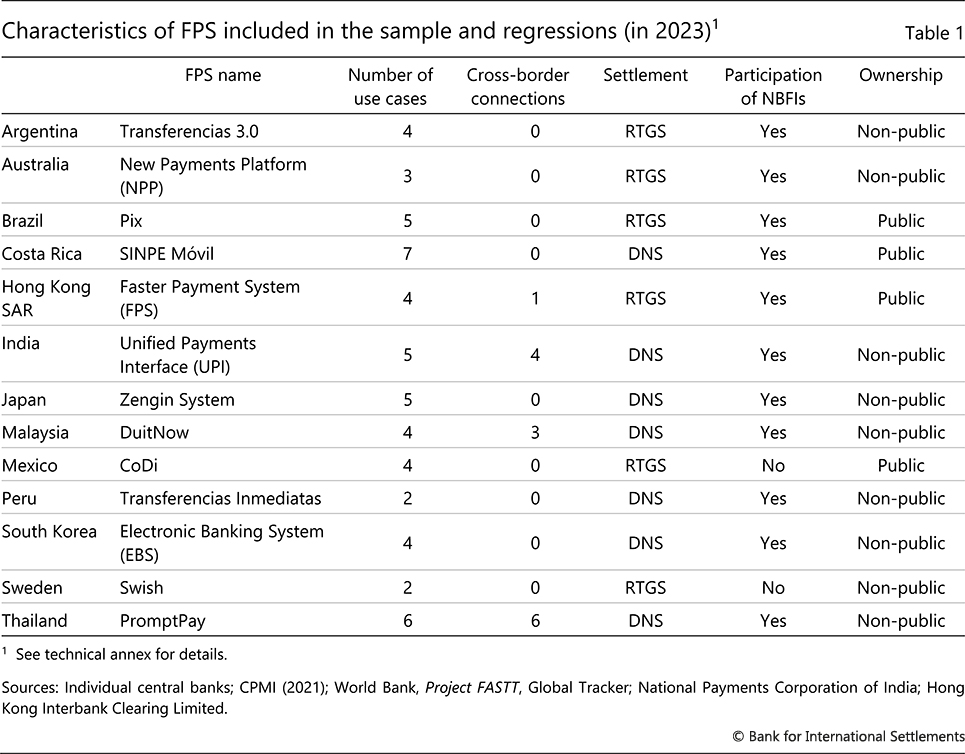The payments landscape is evolving rapidly, and fast payment systems (FPS) have emerged as a key innovation. Jurisdictions differ in their approach to designing FPS and in user adoption.
In this article the authors lay out the main design features of FPS that may foster adoption. Cross-country regressions suggest that adoption of fast payments is greater when the public sector plays an active role in the FPS. Other design factors important for adoption are non-bank participation, more use cases and more cross-border connections.
Read the full article HERE.






